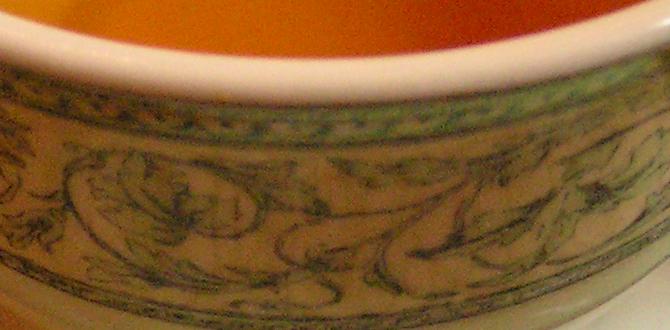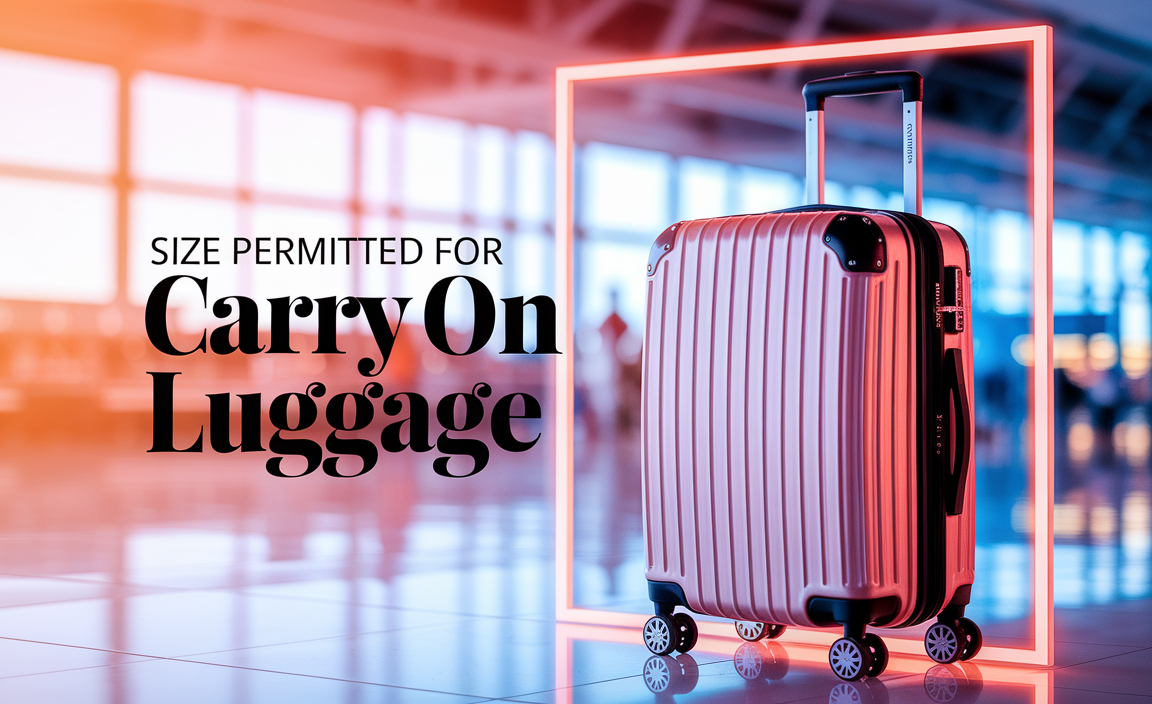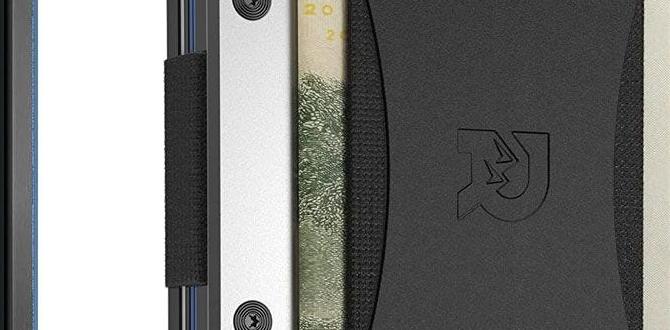Navigating Addis Ababa for the First Time? This Guide Offers Essential Tips for a Smooth and Memorable Trip. From understanding local customs to transport and must-see sights, get ready to explore Ethiopia’s vibrant capital with confidence and ease. Essential advice for every traveler awaits!
Welcome to Addis Ababa! Landing in a new city, especially one as dynamic and bustling as Ethiopia’s capital, can feel a little overwhelming at first. You might be wondering about the best way to get around, what to eat, or how to simply blend in and enjoy. Don’t worry, planning your first trip to Addis doesn’t have to be complicated. We’re here to break down the essentials, offering practical advice that makes your adventure smoother and more enjoyable. Get ready to embrace the warmth of Ethiopian hospitality and discover the magic of Addis Ababa!
Your Addis Ababa First-Timers Guide: Essential Tips for an Unforgettable Experience
Addis Ababa, the “New Flower” of Ethiopia, sits high in the Entoto Hills, a vibrant hub of culture, history, and pulsating energy. As Africa’s diplomatic heart and one of the world’s highest capital cities, it offers a unique glimpse into a land of ancient traditions and modern aspirations. For the first-time visitor, Addis is a sensory delight, a place where the aroma of roasting coffee mingles with the sounds of lively markets and the sight of ancient churches stands beside contemporary buildings. This guide is crafted to empower you, arming you with the essential tips to navigate this captivating city with confidence and comfort.
Getting Around Addis Ababa: Your Transportation Toolkit
Navigating Addis Ababa is an adventure in itself. While the city is expanding, understanding your transport options will save you time, money, and a lot of potential stress. From the modern light rail to the ubiquitous blue and white taxis, there’s a way for everyone to get where they need to go.
1. Taxis: The Most Common Choice
Licensed taxis are plentiful and are the most prevalent way for tourists to get around within the city. They are generally safe and an efficient way to reach your destination. Most taxis are painted with distinctive blue and white stripes.
- How to Hail: You can hail them from the side of the road by extending your arm.
- Negotiating Fares: It’s crucial to agree on a fare BEFORE you start your journey. While some taxis have meters, many drivers prefer to negotiate. Have a rough idea of typical fares for common routes (your hotel can help with this).
- Tips for Peace of Mind: For longer journeys or if you’re concerned about fair pricing, consider asking your hotel to call a reputable taxi service for you. While not always strictly necessary, having a general destination written down in Amharic can also prevent misunderstandings, especially if your Amharic limited.
2. Ride-Sharing Apps: The Modern Convenience
Addis Ababa has embraced ride-sharing technology, offering a convenient and often transparent way to book a ride. RIDE is the most popular and widely used app in the city. It works much like other global ride-sharing services.
- Download the App: Ensure you have the RIDE app downloaded and set up on your smartphone before you arrive or as soon as you can connect to Wi-Fi.
- Convenience: You can see the estimated fare before booking, track your driver’s location, and pay either through the app or in cash.
- Reliability: RIDE is generally very reliable, especially the app-based version, offering a good alternative to street-hailing.
3. Addis Ababa Light Rail Transit (AALRT): The Efficient Connector
The Addis Ababa Light Rail is a modern and efficient transportation system connecting various parts of the city. It’s an excellent option for avoiding traffic congestion, particularly during peak hours. There are two main lines, serving key routes from the city center to different outskirts.
- Routes: The main lines connect Lebu to Sebategna and Addis Ababa University to Tulu Dimtu.
- Stations: Stations are clearly marked and generally safe.
- Tickets: Tickets are inexpensive and can be purchased at station kiosks. You’ll need your ticket to enter the platform and to exit.
- Best For: Traveling between major points along its routes, especially if you want to avoid traffic. It’s a comfortable and affordable way to see parts of the city.
4. Bajaji (Motorcycle Taxis): For the Adventurous
Bajajis are three-wheeled auto-rickshaws and are a popular mode of transport for shorter distances. They are nimble and can weave through traffic, making them quick for local trips.
- Negotiate Fare: Always agree on the fare before getting in.
- Safety: While convenient, they can be a bumpier ride and are best suited for well-paved roads and shorter distances. Ensure you feel comfortable with the driver and the vehicle before agreeing to a trip.
5. Walking: For Exploring Neighborhoods
For shorter distances, especially within specific neighborhoods or to soak in the local atmosphere, walking is a wonderful option. However, be mindful of traffic, uneven sidewalks, and the sun. It’s best to walk in well-lit areas during daylight hours.
Accommodation in Addis Ababa: Finding Your Home Away From Home
Addis Ababa offers a diverse range of accommodation, from luxurious international hotels to charming boutique guesthouses and budget-friendly hostels. Your choice will depend on your budget and travel style. Focusing on comfort and amenities ensures a restful base for your explorations.
Luxury Hotels
These offer top-notch services, including fine dining, spas, and excellent business facilities. They are ideal for those seeking comfort and a familiar standard of service.
- Sheraton Addis Hotel
- Hyatt Regency Addis Ababa
- Radisson Blu Hotel
Mid-Range Hotels and Guesthouses
You can find excellent value in this category, with many offering comfortable rooms, friendly service, and good amenities. Many local guesthouses provide a more intimate and authentic experience.
- Ghion Hotel
- Jupiter International Hotels
- Sawas de Lalibela Hotel
Budget-Friendly Options
Hostels and smaller local hotels cater to budget travelers. These are great for meeting other travelers and experiencing a more local vibe, though amenities may be more basic.
Choosing Your Location
Consider staying in areas like Bole, which is convenient for the airport and has many hotels and restaurants, or closer to the city center for easier access to historical sites. Areas like Kazanchis are also good for business travelers.
Essential Etiquette and Cultural Tips
Respecting local customs and traditions will greatly enhance your experience in Addis Ababa. Ethiopians are known for their warmth and hospitality, and a little understanding goes a long way.
- Greetings: A polite greeting is important. A simple “Selam” (hello) is appreciated. Handshakes are common.
- Dress Code: Ethiopia is a conservative country. While Western dress is widely accepted in urban areas, it’s respectful to dress modestly, especially when visiting religious sites. Shoulders and knees should ideally be covered.
- Eating: Injera, the staple sourdough flatbread, is typically eaten with the right hand. If you’re invited for a meal, tearing off pieces of injera and scooping up food is the traditional way. Asking how to eat is perfectly acceptable.
- Photography: Always ask for permission before taking photos of people. Be cautious about photographing government buildings or military installations.
- Bargaining: In markets, bargaining is expected. Do so respectfully and with a smile.
- Religious Sites: When visiting churches and mosques, dress conservatively. You may be asked to remove your shoes before entering sacred areas.
What to Eat and Drink: A Taste of Ethiopia
Ethiopian cuisine is a unique culinary experience, rich in flavor and tradition. The national dish, Injera, is a must-try, served with a variety of delicious stews, or “wots.”
Must-Try Dishes:
- Injera: A spongy, fermented flatbread made from teff flour, serving as both a plate and utensil.
- Doro Wat: A rich and spicy chicken stew, often considered the national dish, typically served with a hard-boiled egg.
- Beyaynetu: A vegetarian platter featuring a colorful assortment of wots served on injera, perfect for vegetarians or those wanting to sample various flavors.
- Gomen Wat: Collard greens stewed with spices.
- Kitfo: Minced raw beef, seasoned with butter and spices (can also be served lightly cooked).
- Tibs: Sautéed meat (beef, lamb, or goat) served with onions, peppers, and spices.
Beverages:
- Ethiopian Coffee: Ethiopia is the birthplace of coffee. Experiencing a traditional coffee ceremony is a cultural highlight. The coffee is strong, aromatic, and served with popcorn.
- Tej: A traditional honey wine, sweet and potent.
- Local Beer: St. George beer and Bedele are popular choices.
- Water: Stick to bottled water to avoid any stomach issues. Look for reputable brands.
Currency and Money Matters
The local currency in Ethiopia is the Ethiopian Birr (ETB). Understanding how to manage your money will make transactions smoother.
- Currency Exchange: You can exchange currency at the airport, banks, and authorized forex bureaus. It’s generally advisable to exchange a reasonable amount at the airport to cover immediate needs and then the rest at more competitive rates in the city.
- ATMs: ATMs are available in Addis Ababa, especially in larger hotels and shopping centers. However, they may not always accept international cards, or they might have withdrawal limits. It’s wise to carry some cash.
- Credit Cards: Credit cards are accepted in larger hotels, some restaurants, and larger shops, but not widely used for daily transactions.
- Carrying Cash: Always have some smaller denominations of Birr on hand for taxis, market purchases, and smaller shops.
Safety and Health Precautions
Addis Ababa is generally safe, but like any large city, it’s wise to be aware of your surroundings and take sensible precautions.
General Safety
- Be Aware of Your Surroundings: Be mindful of pickpockets, especially in crowded areas like markets and bus stations.
- Valuables: Keep your valuables secure and out of sight. Avoid displaying expensive jewelry or large amounts of cash.
- Night Travel: It’s advisable to use taxis for travel at night rather than walking.
- Scams: Be wary of overly friendly strangers offering unsolicited tours or claiming to be guides. Always confirm with your hotel or a reliable source before accepting offers.
Health
- Water: Drink only bottled or purified water. Avoid ice in drinks unless you are sure it’s made from purified water.
- Food: Eat at reputable restaurants and ensure food is thoroughly cooked. Wash your hands frequently, especially before eating.
- Vaccinations: Consult your doctor or a travel clinic well in advance of your trip regarding recommended vaccinations and malaria precautions. The CDC recommends certain vaccinations for Ethiopia.
- Travel Insurance: It is strongly recommended to have comprehensive travel insurance that covers medical emergencies.
- Personal Care Items: If you have specific personal care needs, such as adult diapers or child diapers for longer flights or comfort during travel, consider bringing an adequate supply from home. While some basic items may be available, specific brands or types can be hard to find, and having them ensures your comfort and peace of mind.
Must-See Attractions in Addis Ababa
Addis Ababa offers a wealth of historical, cultural, and natural attractions that showcase Ethiopia’s rich heritage.
| Attraction | Description | Best For |
|---|---|---|
| National Museum of Ethiopia | Home to “Lucy,” the famous hominid fossil, and extensive collections of Ethiopian art, history, and artifacts. | History buffs, first-time visitors wanting an overview. |
| Holy Trinity Cathedral | A magnificent Orthodox cathedral, it’s the final resting place of Emperor Haile Selassie and his wife. | Culture, history, religious significance. |
| Merkato | One of Africa’s largest open-air markets. A vibrant and chaotic sensory experience offering everything from spices to livestock. | Authentic local life, shopping for souvenirs (bargaining is key!). |
| Mount Entoto | Offers panoramic views of Addis Ababa. Visit the churches and historical sites atop the hill. | Scenic views, a respite from the city bustle, historical exploration. |
| Red Terror Martyrs’ Memorial Museum | A sobering museum detailing the “Red Terror” period under the Derg regime. | Understanding recent Ethiopian history. |
| Addis Ababa Museum (formerly National Museum) | Focuses on Ethiopian culture, ethnography, and archaeological finds. | Cultural insights, local traditions. |
Shopping and Souvenirs
Addis Ababa is an excellent place to pick up unique souvenirs. From intricate handicrafts and traditional clothing to coffee and spices, you’ll find plenty to take home.
- Merkato: As mentioned, this is the ultimate place for a wide variety of goods. Be prepared to haggle respectfully.
- Local Craft Shops: Look for shops selling handwoven textiles, intricate silver jewelry, traditional wooden carvings, and paintings.
- Lions Souvenir Shop and Sodere Souvenir Shop are good starting points for quality handicrafts.
- Coffee: Ethiopian coffee beans, especially Yirgacheffe or Sidamo varieties, make fantastic gifts.
- Spices: Berbere and other Ethiopian spice blends are flavorful and unique.
Communicating in Addis Ababa
The official language of Ethiopia is Amharic. However, English is widely spoken in hotels, tourist establishments, and by many younger people. Learning a few basic Amharic phrases can be very helpful and is always appreciated.
- “Selam” – Hello
- “Ameseginalehu” – Thank you
- “Bmechot” – Please
- “Endemin no?” – How are you? (to a male)
- “Endemin nesh?” – How are you? (to a female)
- “Ewuh” – Yes
- “Ey, Wey” – No
Having a translation app on your phone can also be a lifesaver for communicating with locals in markets or when seeking directions. Understanding that many signs and directions will be in Amharic is part of the adventure!
When to Visit Addis Ababa
Addis Ababa enjoys a pleasant climate most of the year due to its high altitude. The city experiences two main seasons:
- Dry Season (October to May): This is generally considered the best time to visit, with sunny days and cooler evenings. The period from October to December is particularly pleasant after the rainy season.
- Wet Season (June to September): While there are rains, they often occur in the afternoon or evening, leaving mornings clear. This season is greener and less crowded.
Temperatures are relatively consistent year-round, typically ranging from 10°C to 25°C (50°F to 77°F). The evenings can get quite cool year-round, so pack layers.
Frequently Asked Questions (FAQ) for Addis Ababa First-Timers
Q1: Is Addis Ababa safe for solo travelers?
Yes, Addis Ababa is generally safe for solo travelers. However, like any large city, it’s important to exercise common sense precautions. Stay aware of your surroundings, avoid displaying valuables, and use reputable taxis or ride-sharing services, especially at night. Stick to well-trafficked areas and trust your instincts.
Q2: What is the best way to get from Addis Ababa Bole International Airport (ADD) to my hotel?
The most convenient options are pre-booked airport taxis, official airport taxis, or ride-sharing apps like RIDE. Your hotel can also often arrange a pickup service. While there are buses, they can be confusing for first-time visitors, and haggling for a taxi is common if you choose that route. Ensure you have a rough price estimate beforehand.
Q3: Do I need to speak Amharic to get around Addis Ababa?
No, you do not need elaborate Amharic skills. English is widely understood in tourist areas, hotels, and by many younger people.






